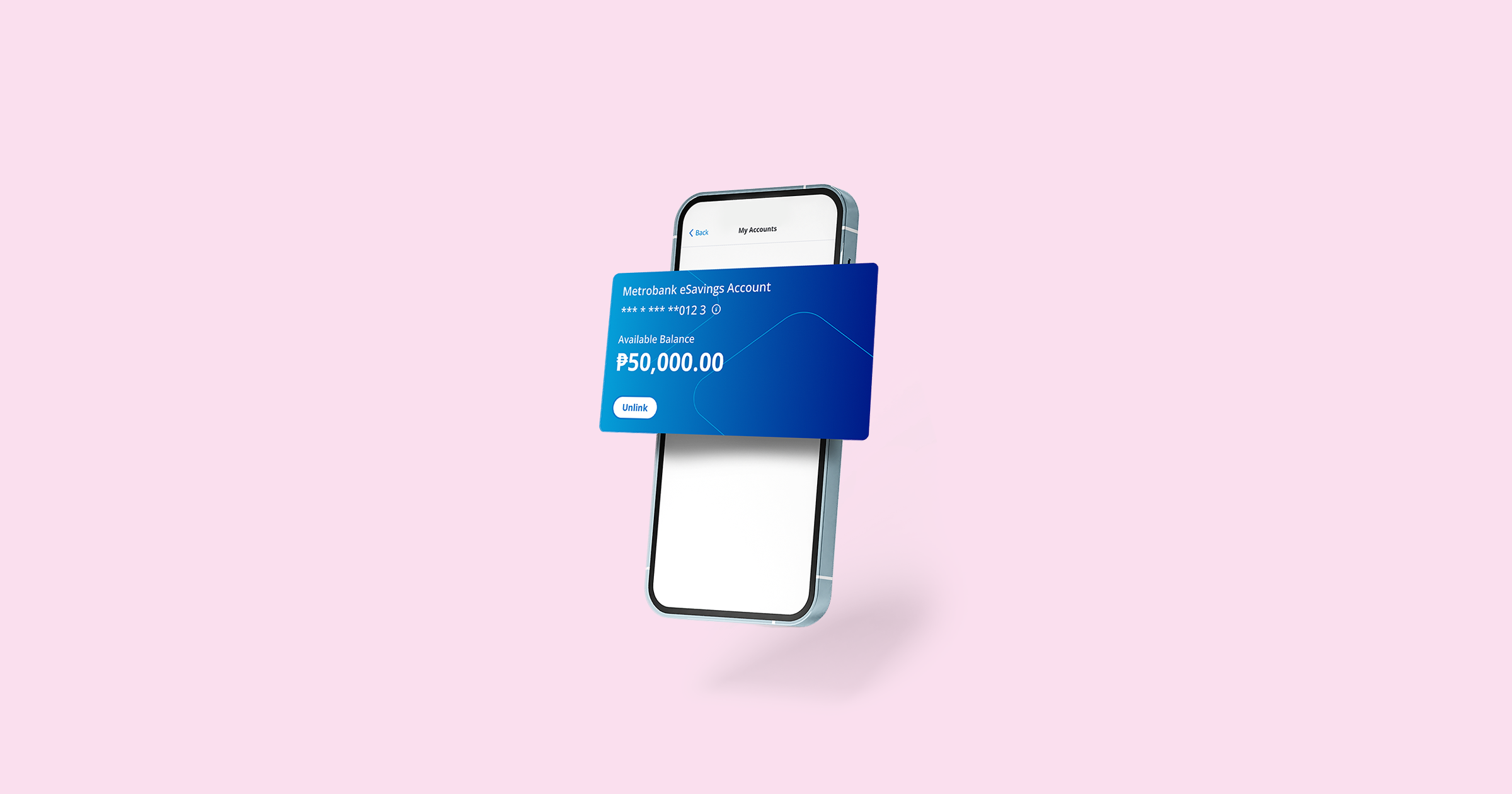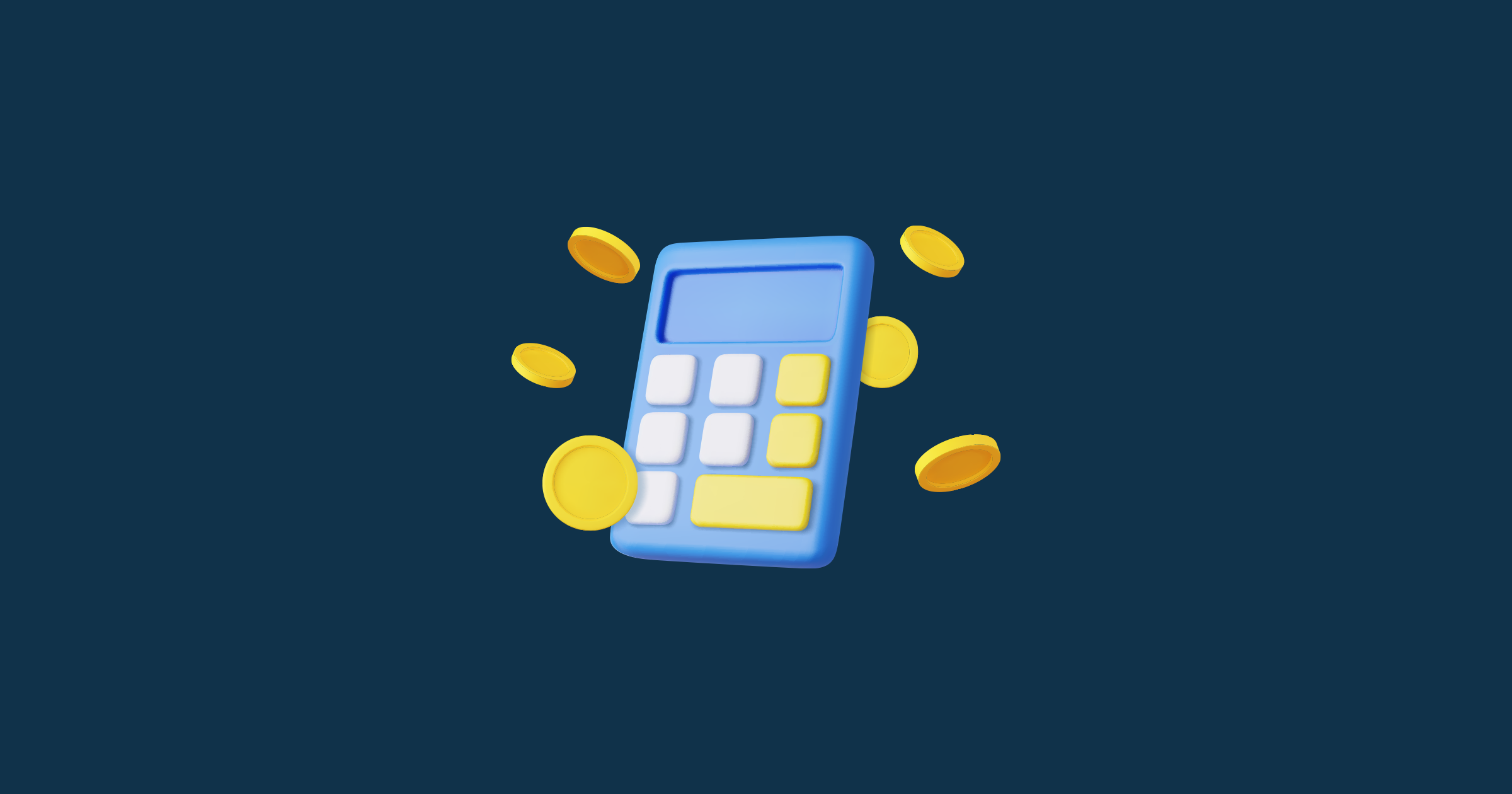To make healthy habits stick, they need to become a sustainable part of your life. It’s a plus if you can turn a good habit into something that excites you, just like a self-care ritual that helps you de-stress and unwind.
Financial fitness is no exception. Instead of dragging your feet to get money management over with, creating a fun routine can help you become more consistent in chasing financial goals.
Setting aside as little as an hour a week can make a huge difference in the long run. Here are some steps that you can consider adding to your regular financial self-care routine:
1. Review your spending
Go through your bank accounts or any app or tool you use for income, budget, and expense tracking. Here are a few questions to answer:
- Where did your money come from?
This might sound obvious especially if you are receiving income from just one source. However, this question will be worth answering by the time your investments start contributing passive income – so it’s best to check it from time to time.
- Where did your money go?
Understand how you spent your money so you can stay mindful of your habits and hold yourself accountable. This can help you make better decisions when allocating and using your money in the future.
- Are you on track with your larger goals?
Look for patterns in your expenses. Then, compare them with the budget you’ve set and assess whether they align with your financial goals and priorities.
- What can you improve?
Finally, identify areas where you may be spending too much or where you could cut back. If you saved some extra money, find out where you can reallocate it best.
You may want to pay down any debt, build an emergency fund, or invest for higher potential earnings.
2. Take the time to be grateful
Money can understandably become a source of worry. This feeling can make you dread checking on your finances and keep you from forming healthy habits.
To ease any stress or fear you may have about money, practicing gratitude may help. List the things you’re thankful for whether it's a stable income, a support system, or your progress toward goals.
It shows you how far you’ve come and reminds you of what you have instead of what you lack. This can encourage you to stay committed to doing better for your future.
3. Learn something new
Dedicate the rest of your time to learning about topics that can help with your money goals. This may involve reading books, listening to podcasts, or watching videos on budgeting, debt management, or investing.
If you feel like you’ve already mastered the basics, try to go a step further by looking at financial statements and reports on investment trends.
This will help you understand how professionals think so you can eventually spot useful information from newsletters, research, and recommendations that your stock broker or investment banker sends out.
Remember to look for trustworthy sources with the proper authority to talk about their chosen topics without any bias.
Pro-tip: Don’t forget to have fun
When planning your routine, consider adding elements that can make it more enjoyable. This can be as simple as playing your favorite music or creating a cozy space where you’re comfortable and relaxed.
By infusing a bit of joy in your financial activities, you may be able to associate them with positive experiences. Over time, this can help make managing your finances feel less like a chore and more like a rewarding part of life.




